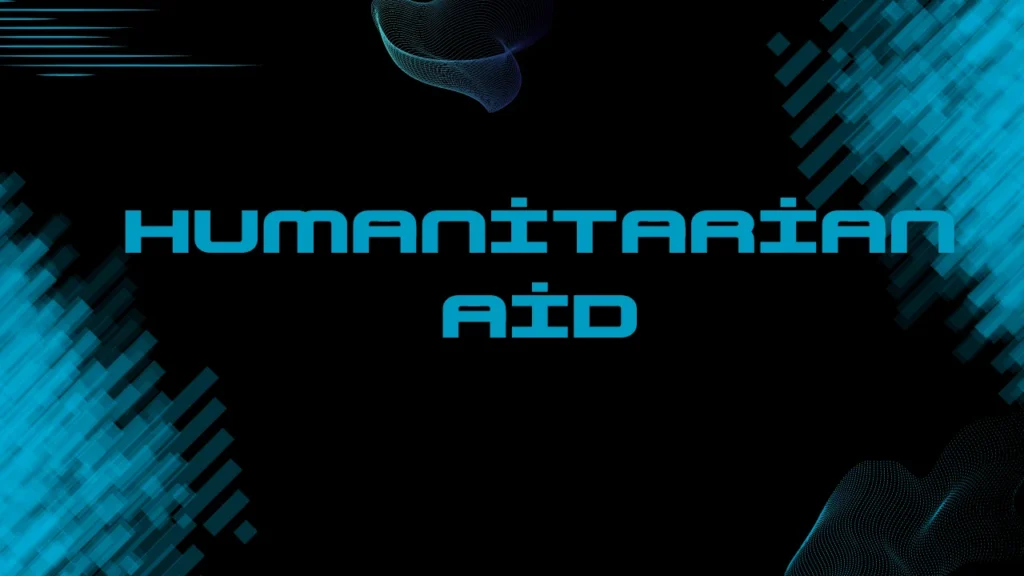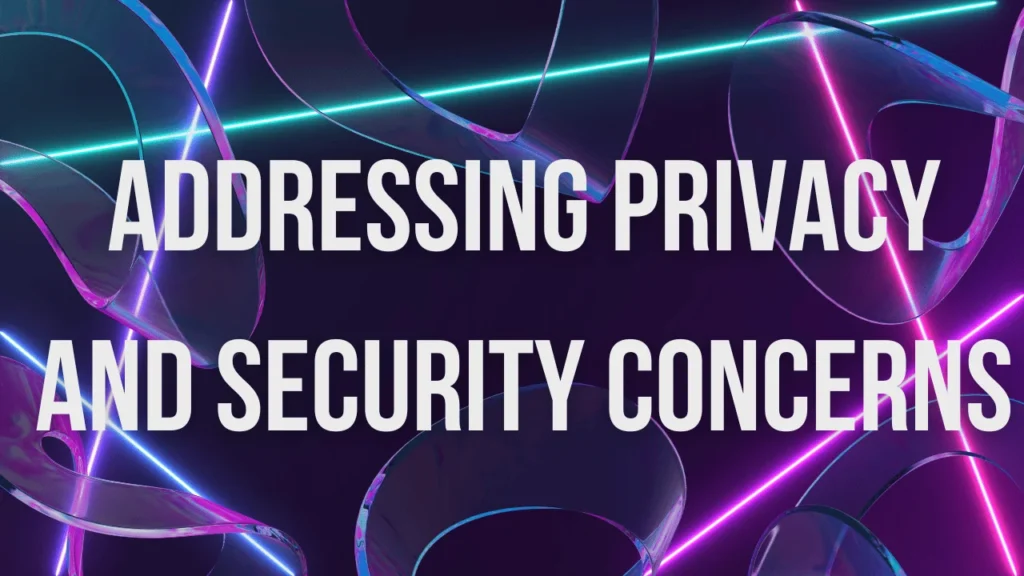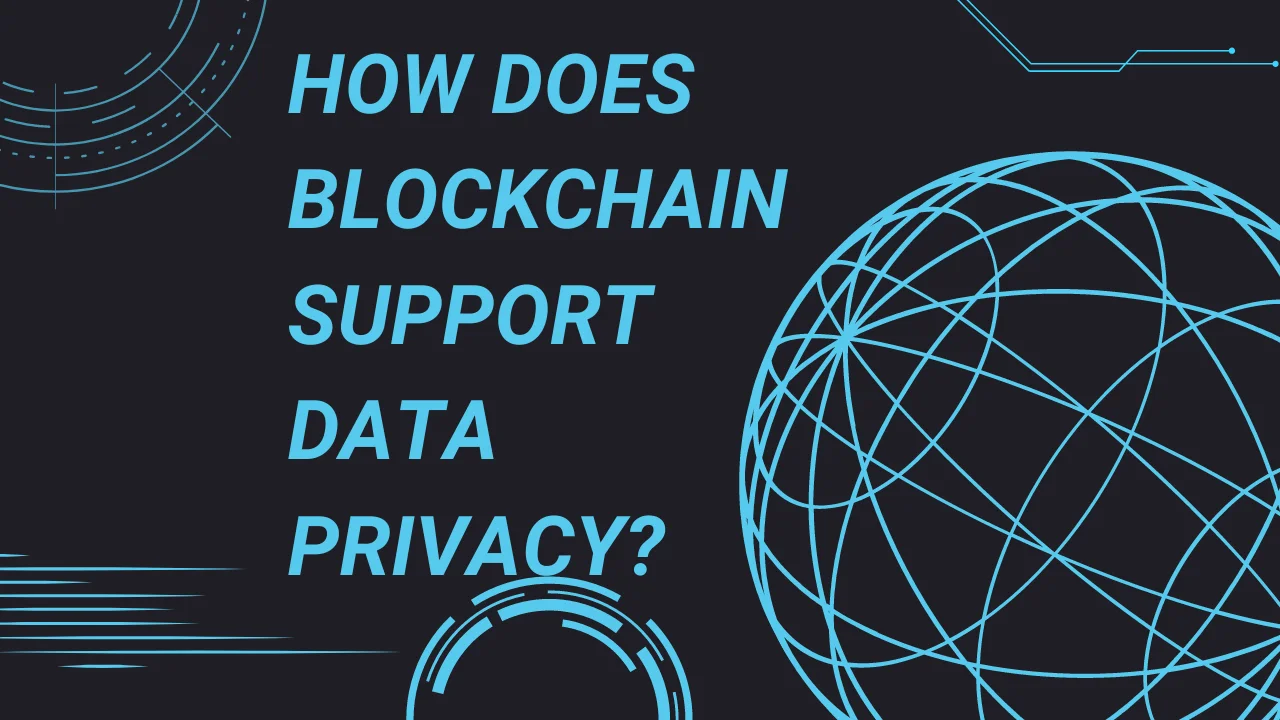Introduction
As people around the globe grow more worried about the security of their personal information, blockchain technology is emerging as a game-changer. Every time a block is added to the blockchain, it becomes unchangeable because it is a decentralized database that processes transactions across many computers. With its revolutionary data privacy and security features, this digital ledger technology has become an essential component in many industries, including healthcare and banking, after receiving considerable attention with the rise of Bitcoin.
The Vanguard of Medical Data Protection
The capacity of blockchain technology to safeguard private patient information is revolutionary in the healthcare industry. Ensuring security and immutability, the blockchain-based medical records system in Estonia, which was launched in 2019, gives patients control over who can access their health data. Patients can rest easy knowing their medical records are safe and untouchable with this tech.
Blockchain in Voting
The 2018 midterm elections in West Virginia demonstrated the potential of blockchain technology to enhance voting systems. By ensuring secure vote counts and non-interference, it demonstrated blockchain’s capacity to support democratic principles.
Identity Verification and Blockchain
Additionally, ID verification systems rely heavily on blockchain’s decentralized nature. Built in 2020, Catalonia’s blockchain-based identity system exemplifies the flexibility of blockchain technology in public administration by facilitating the safe and simple registration of individuals.
Humanitarian Aid

Using blockchain technology, the UN World Food Programme (WFP) issued digital identities to refugees in the Azraq refugee camp in Jordan, allowing them to track their food benefits in an auditable and secure manner. As a result, refugees were able to obtain safe digital IDs without having to deal with conventional banking, which cut costs and reduced fraud risks.
Blockchain Privacy Features
Reduced risks of data leaks or surveillance are a result of blockchain’s decentralization, which renders intermediaries unnecessary. In DeFi (decentralized finance), privacy tokens employ cutting-edge features such as zero-knowledge proofs to ensure that transactions cannot be traced. This, in addition to the fact that blockchain is inherently transparent, makes for a safe setting for sharing data.
Private Blockchain
Data is more securely stored in private blockchains, also known as permissioned networks, because only authorized users can access the ledger. Preventing unauthorized data breaches relies heavily on this selective access control.
Implementations of Private Blockchain
- Corda, developed by the R3 Consortium, is an architecture that enables selective data sharing among relevant parties and is utilized in financial services.
- The Hyperledger Fabric developed by the Linux Foundation… Used by businesses across sectors to manage data sharing and access according to user-defined privacy settings.
Benefits of Using Private Blockchains
While public blockchains make data accessible and transparent, private blockchains keep it private, secure, and scalable. Because of these characteristics, they are well-suited to fields such as healthcare and supply chain management.
Addressing Privacy and Security Concerns

Security and privacy are two areas where blockchain might use some improvement, despite its many advantages. The visibility of transactions on public blockchains, such as Bitcoin and Ethereum, creates privacy concerns. Attacks such as the 51% attack can also affect them. Although private blockchains are secure, they are vulnerable to insider threats and centralization.
Regulatory Challenges in Blockchain Adoption
The lack of clarity surrounding blockchain technology creates obstacles for companies wishing to implement it, particularly in areas where cryptocurrency regulations are stringent.
Future of Blockchain Privacy
The privacy of blockchain transactions is anticipated to be improved by future developments in cryptographic methods. There is hope for even stronger privacy protection thanks to innovations such as secure multi-party computation and homomorphic encryption.
Sidekick Browser
The privacy features of blockchain technology are enhanced by Sidekick Browser, which includes a built-in VPN, ad and tracker blocker, and a private browsing mode. It provides an extra safeguard against monitoring and is thus especially useful for private blockchain management.
Fight Against Government Surveillance
A worldwide discussion on privacy has been ignited by the proliferation of government-related surveillance, as shown by programs such as PRISM, run by the United States National Security Agency. In this domain, blockchain plays a crucial role. It is difficult for governments to secretly acquire or access personal information due to its decentralized nature, which guarantees that data is not kept in a central location. In addition to improving privacy, this feature of blockchain technology strengthens people’s rights against warrantless surveillance.
Preventing Data Leaks with Blockchain
Data breaches, like the one in 2021 that affected almost 1 billion accounts, are becoming all too common, so a strong solution, like blockchain, is needed. Blockchain technology reduces the likelihood of widespread data breaches by decentralizing data storage. Distributing data across a network of computers is fundamental to the design of the technology; this makes it very difficult for hackers to access and extract massive amounts of data, offering a strong defense against data breaches.
Confidentiality in Financial Transactions
The financial industry, where client privacy is critical, is one area where blockchain technology is having a significant impact. The capacity of blockchain technology to facilitate private, transparent, and secure transactions has been proven by cryptocurrencies such as Bitcoin and Ethereum. Financial data is kept safe and secret in private blockchains because access is limited, further enhancing confidentiality.
Role of Smart Contracts in Data Privacy
A fundamental component of blockchain technology are smart contracts, which are agreements that are self-executing and have their terms encoded in code. Their ability to automate transactions without middlemen is vital in improving data privacy. In addition to lowering the possibility of human mistake, this safeguards sensitive information by preventing it from falling into the wrong hands.
Overcoming Blockchain Security Issues
Blockchain technology has inherent security features, but it can still face security threats. Public blockchains are vulnerable to a 51% attack, and private blockchains are vulnerable to insider threats; these issues need to be resolved. To strengthen blockchain against these vulnerabilities, various measures are being implemented, including regular audits, improvements to blockchain security protocols, and the use of multi-factor authentication and encryption.
Blockchain in Supply Chain Management
Distributed ledger technology (blockchain) has advanced considerably in supply chain management, in addition to monetary transactions. It allows businesses to track products from their point of origin and throughout their journey by ensuring data integrity and transparency throughout the supply chain. In addition to facilitating product authenticity verification, this also improves the confidentiality and security of data transmitted throughout the supply chain.
Impact of Blockchain on E-Commerce
Blockchain technology provides an encrypted and private platform for online transactions. The encryption and secure storage of customer data, including payment information, is guaranteed. In addition to protecting e-commerce platforms from data breaches, this also helps to build customer trust.
Blockchain and Future of Digital Identity
When it comes to managing digital identities, blockchain is going to be game-changing. Reduced instances of identity fraud and theft are possible thanks to blockchain technology, which creates an immutable record of personal information. With blockchain-based identity systems, individuals can securely and selectively share personal information, giving them greater control over it.
Challenges in Blockchain Adoption
Blockchain technology has many potential advantages, but there are obstacles to its widespread use. A major issue is how little people know and comprehend blockchain technology. Significant hurdles to broad adoption also include regulatory ambiguity and the requirement for technical infrastructure.
Blockchain and the Environment
Blockchain technology and digital currencies like Bitcoin have sparked discussions about their potential effects on the environment. To lessen the impact on the environment, work is currently underway to create blockchain technologies that use less energy.
Blockchain as a Solution for Privacy Issues
There are serious privacy concerns in the digital world, but blockchain technology shows great promise as a remedy. It is a major actor in the battle for data privacy because of its data management systems, which are secure, transparent, and immutable. The role of blockchain in protecting privacy is anticipated to expand as the technology tackles its challenges and evolves, providing a glimpse into a digital future that is more secure.
FAQs
How does blockchain enhance data privacy?
Blockchain enhances data privacy through its decentralized nature, immutable records, and advanced privacy features like zero-knowledge proofs.
Are private blockchains more secure than public blockchains?
Yes, private blockchains offer more security as they restrict access to authorized members only, reducing risks of unauthorized breaches.
Can blockchain prevent data breaches and leaks?
Blockchain significantly reduces the risk of data breaches and leaks due to its immutable and decentralized nature.
What role does blockchain play in combating surveillance?
Blockchain’s decentralized structure and privacy features help combat surveillance by reducing centralized control over data.
How does Sidekick Browser complement blockchain in protecting data privacy?
Sidekick Browser enhances blockchain’s data privacy features with its ad and tracker blocker, VPN, and private browsing mode, offering additional security against online surveillance.
For More Visit: Crypto Money Laundering Methods
Conclusion
A guiding light in the modern digital world, blockchain technology guarantees the privacy and security of all data. Despite some difficulties, the technology has huge potential benefits, especially in the healthcare and financial industries. New developments in blockchain privacy are imminent, and private blockchains provide extra privacy layers. A more secure online experience is guaranteed by tools such as Sidekick Browser, which improve upon these privacy features.

Brandy Stewart, an enchanting wordsmith and seasoned blogger, weaves compelling narratives that transport readers to uncharted territories. Infused with perceptive viewpoints and dynamic storytelling, Doris exhibits a command of language that enthralls both hearts and minds, leaving a lasting mark on the literary panorama.

